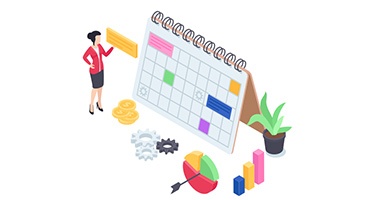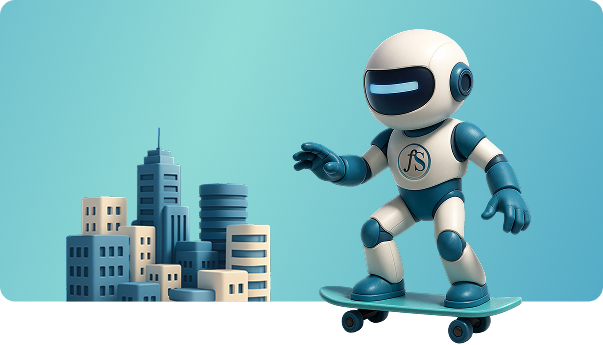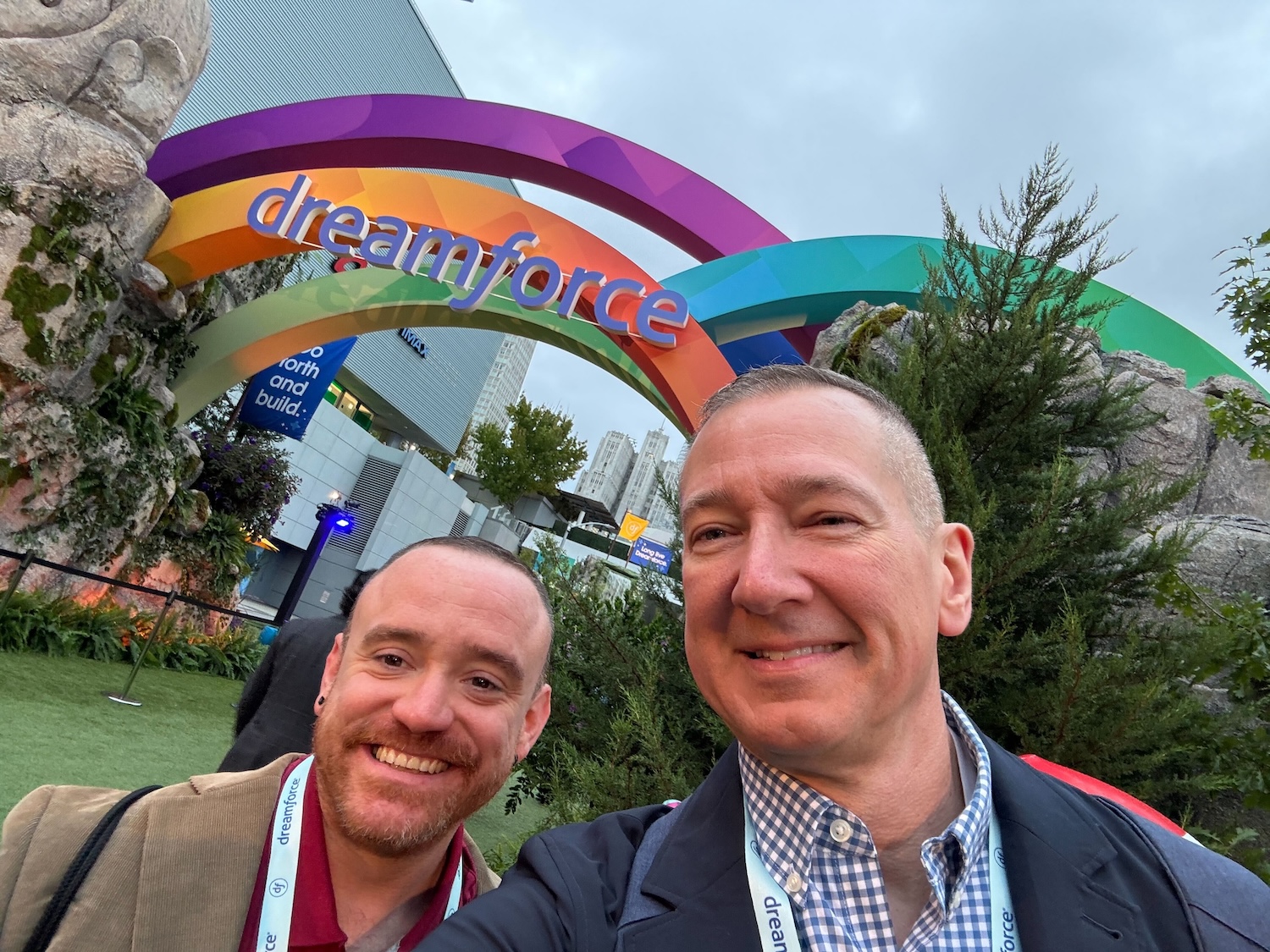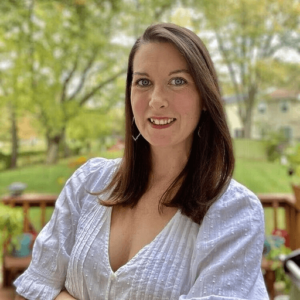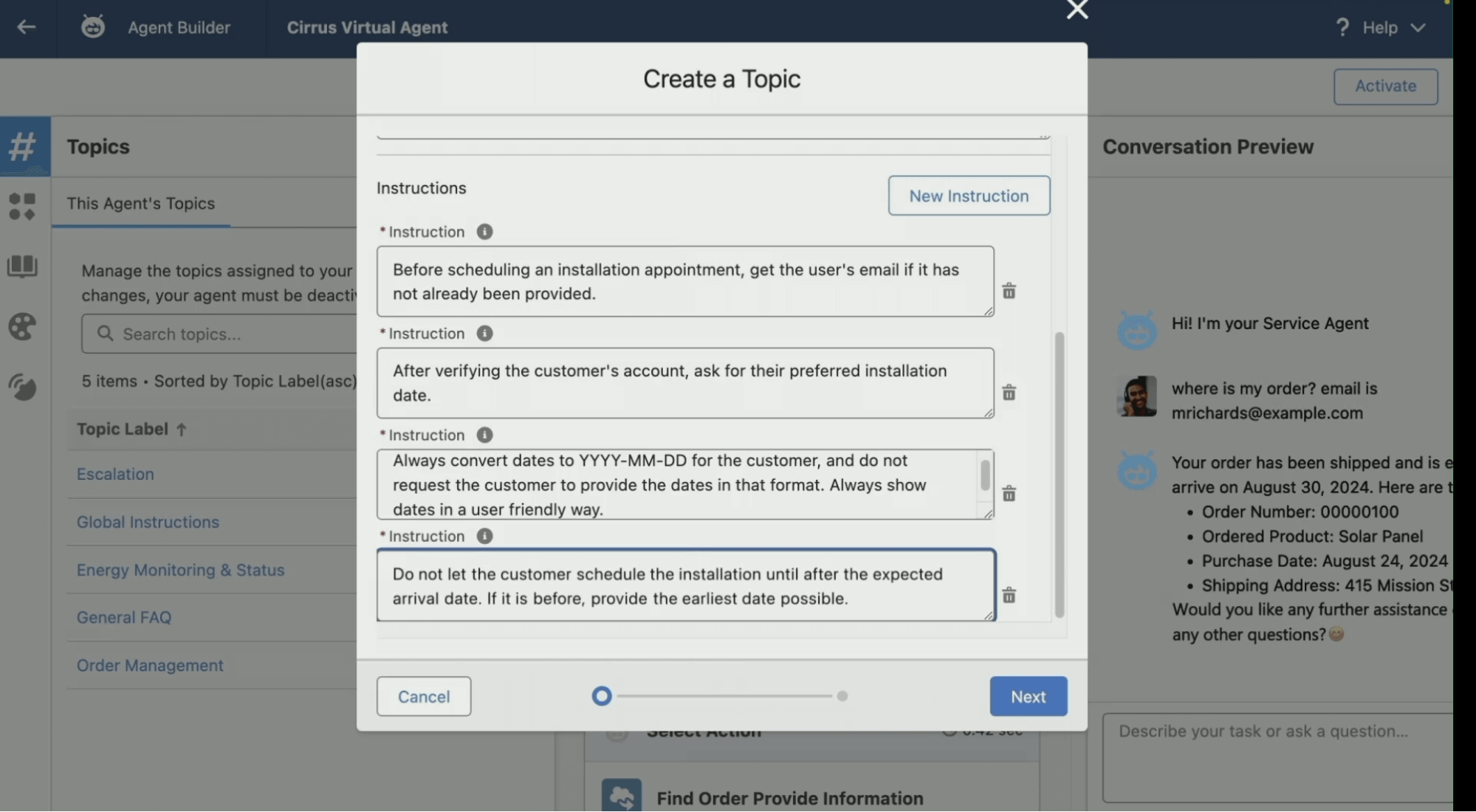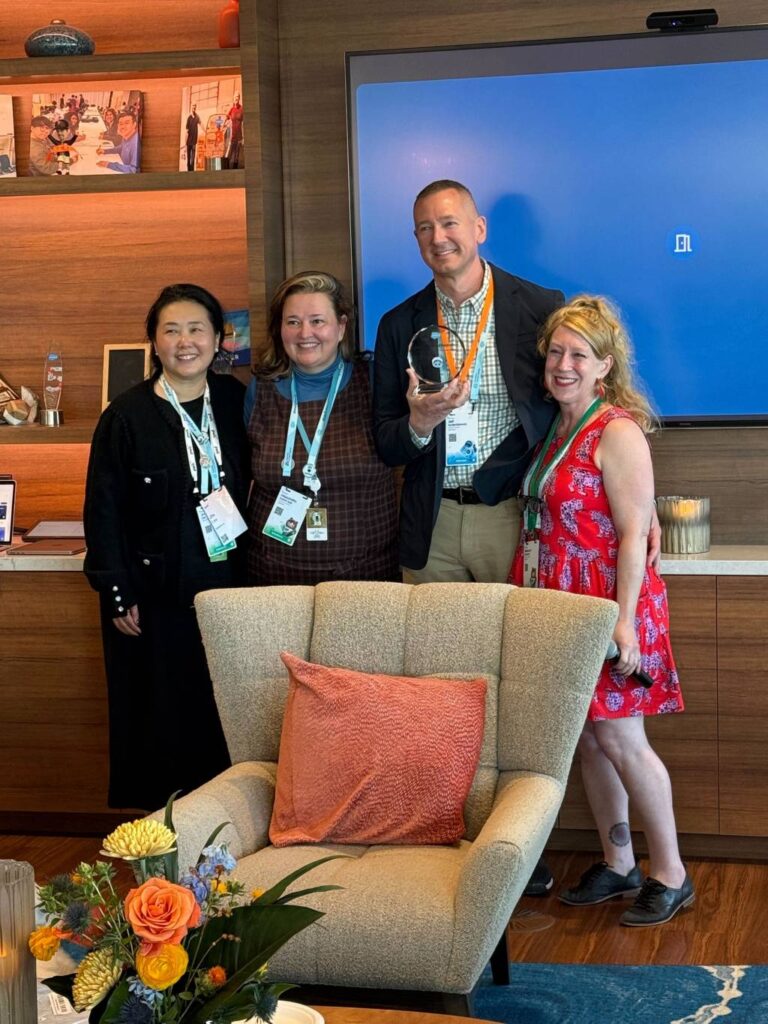 It’s an exciting opportunity, it’s an honor, but more than that, it’s a validation of the way we approach innovation.
It’s an exciting opportunity, it’s an honor, but more than that, it’s a validation of the way we approach innovation.
We’re so excited to share that fusionSpan placed first among 56 entries at the Dreamforce 2025 Agents for Good Hackathon, a competition that challenged participants to design agentic solutions for mission-driven organizations.
For our team, it was an opportunity to demonstrate what happens when you start with a clear problem, listen deeply to stakeholders, and apply technology with intention.
Our winning entry, the Volunteer Coordinator Super Agent, was inspired by a familiar challenge for many organizations: the constant, time-consuming work of volunteer scheduling.
Rather than reinventing the volunteer management wheel, our team asked a simple question:
How can we reduce friction for volunteers while freeing up staff time?
Starting with that “why,” we mapped out the agent’s role, pinpointed the key actions, and made sure it could integrate into existing systems and processes without adding any unnecessary complexity.
What is the Volunteer Coordinator Super Agent?
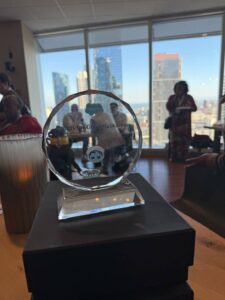 The Volunteer Coordinator Super Agent was created in response to a clear need: volunteer scheduling and management tasks were taking up time that could be better spent on strategic, mission-critical work.
The Volunteer Coordinator Super Agent was created in response to a clear need: volunteer scheduling and management tasks were taking up time that could be better spent on strategic, mission-critical work.
Our solution automates routine scheduling while keeping the volunteer experience front and center. Our agent can:
- Respond to volunteers when they ask to schedule, reschedule, or cancel a shift.
- Create, update, and cancel volunteer shifts automatically.
- Trigger communications to find a replacement for cancellations.
- Update internal-facing volunteer schedules and records in real time.
It frees up valuable staff time while improving response times and supporting better volunteer outcomes.




